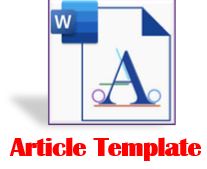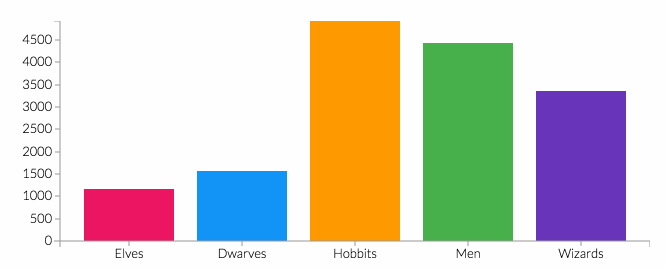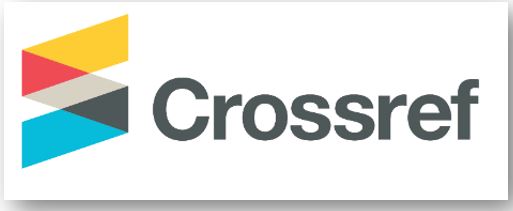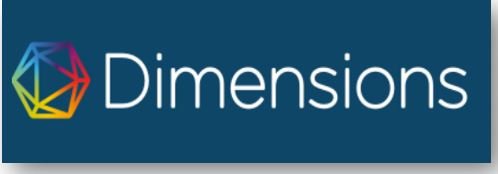Pendampingan dan Pemberdayaan Lembaga Masyarakat Desa Hutan (LMDH) Mekarmukti melalui Metode Asset Based Community Development
DOI:
https://doi.org/10.61231/jp2m.v2i2.248Keywords:
Empowerment, Farmers, LMDH, Welfare, ABCD MethodAbstract
The Mekarmukti Forest Village Community Institute (LMDH) is a farmer organization established to implement the Community Forest Management (PHBM) partnership program with Perhutani in Mekarwangi Village, Ibun District, Bandung Regency. LMDH Mekarmukti comprises five Forest Farmers Groups (KTH) with approximately 280 members, cultivating 100 hectares of Perhutani land, primarily focused on Arabica coffee plants. Like many rural communities, LMDH Mekarmukti faces various challenges. One major obstacle for its members is limited market access and the inability to add value to their coffee products, resulting in selling coffee logs to middlemen. This significantly reduces their income and impacts their welfare. Hence, it is crucial to provide assistance and empower the community by raising awareness about their assets and improving their welfare. The empowerment approach used is the ABCD (Asset-Based Community Development) method, which involves identifying assets, planning and evaluating programs to enhance farmers' progress and welfare. By employing the ABCD method, the aim is to increase awareness and optimize asset utilization. The successful implementation of the ABCD method requires collaboration among farmers, the community, and the government to jointly support farmer empowerment programs and improve their welfare.References
Awang, S. A., Widayanti, W. T., Himmah, B., Astuti, A., Septiana, R. M., Solehudin, & Novenanto, A. (2008). Panduan Pemberdayaan Lembaga Masyarakat Desa Hutan (LMDH). Center for International Forestry Research (CIFOR). http://www.cifor.cgiar.org.
Christina, M. M., Destyanto, T. Y. R., & Putri, I. S. (2023). Pendampingan Kepada Petani Desa Lingga Kabupaten Karo Terkait Potensi Wortel Sebagai Tanaman Pangan. As-Sidanah?: Jurnal Pengabdian Masyarakat, 5(1), 130–147. https://doi.org/10.35316/assidanah.v5i1.130-147.
Dureau, C. (2013). Pembaru dan kekuatan lokal untuk pembangunan. Australian Community Development and Civil Society Strengthening Scheme (ACCESS) Phase II.
Haryanto, T. D. (2012). Pengelolaan Sumberdaya Hutan Bersama Masyarakat dalam Sistem Agroforestry. Wacana, 10(1), 17–30.
Ife, J. (1995). Community development: Creating community alternatives-vision, analysis and practice. Longman.
Muryono, S., & Utami, W. (2020). Pemetaan Potensi Lahan Pertanian Pangan Berkelanjutan Guna Mendukung Ketahanan Pangan. Bhumi: Jurnal Agraria Dan Pertanahan, 6(2), 201–218. https://jurnalbhumi.stpn.ac.id/index.php/JB/article/view/431.
Parsons, R. J., Hernandes, S. H., & Jorgensen, J. D. (1988). Integrated Practice: A Framework for Problem Solving. Social Work, 33(5), 417–421.
Saheb, Slamet, Y., & Zuber, A. (2013). Peranan Modal Sosial Bagi Petani Miskin untuk Mempertahankan Kelangsungan Hidup Rumah Tangga di Pedesaan Ngawi (Studi Kasus di Desa Randusongo Kecamatan Gerih Kabupaten Ngawi Provinsi Jawa Timur). Jurnal Analisa Sosiologi, 2(1), 17–34. https://jurnal.uns.ac.id/jas/article/view/17382.
Saripudin, U., Djamil, F., & Rodoni, A. (2020). The Zakat, Infaq, and Alms Farmer Economic Empowerment Model. Library Philosophy and Practice (e-Journal), 3566, 1–13. https://digitalcommons.unl.edu/libphilprac.
Yuliasih, Y., & Sihaloho, M. (2018). Peran Pengelolaan Hutan Berbasis Masyarakat (PHBM) dengan Strategi Nafkah Rumahtangga Desa Sekitar Hutan. Jurnal Sains Komunikasi Dan Pengembangan Masyarakat [JSKPM], 2(6), 717–730. https://doi.org/10.29244/jskpm.2.6.717-730.
Downloads
Published
Issue
Section
License
Copyright (c) 2024 Udin Saripudin, Deden Gandana Madjakusumah, Handri Handri, Nandang Ihwanudin, Intan Nurrachmi, Nur Efendi, Agus Prakarsa Yuristama, Aditya Hoerurohman

This work is licensed under a Creative Commons Attribution 4.0 International License.
You are free to:
- Share — copy and redistribute the material in any medium or format for any purpose, even commercially.
- Adapt — remix, transform, and build upon the material for any purpose, even commercially.
- The licensor cannot revoke these freedoms as long as you follow the license terms.
Under the following terms:
- Attribution — You must give appropriate credit , provide a link to the license, and indicate if changes were made . You may do so in any reasonable manner, but not in any way that suggests the licensor endorses you or your use.
- No additional restrictions — You may not apply legal terms or technological measures that legally restrict others from doing anything the license permits.
Notices:
You do not have to comply with the license for elements of the material in the public domain or where your use is permitted by an applicable exception or limitation .
No warranties are given. The license may not give you all of the permissions necessary for your intended use. For example, other rights such as publicity, privacy, or moral rights may limit how you use the material.















